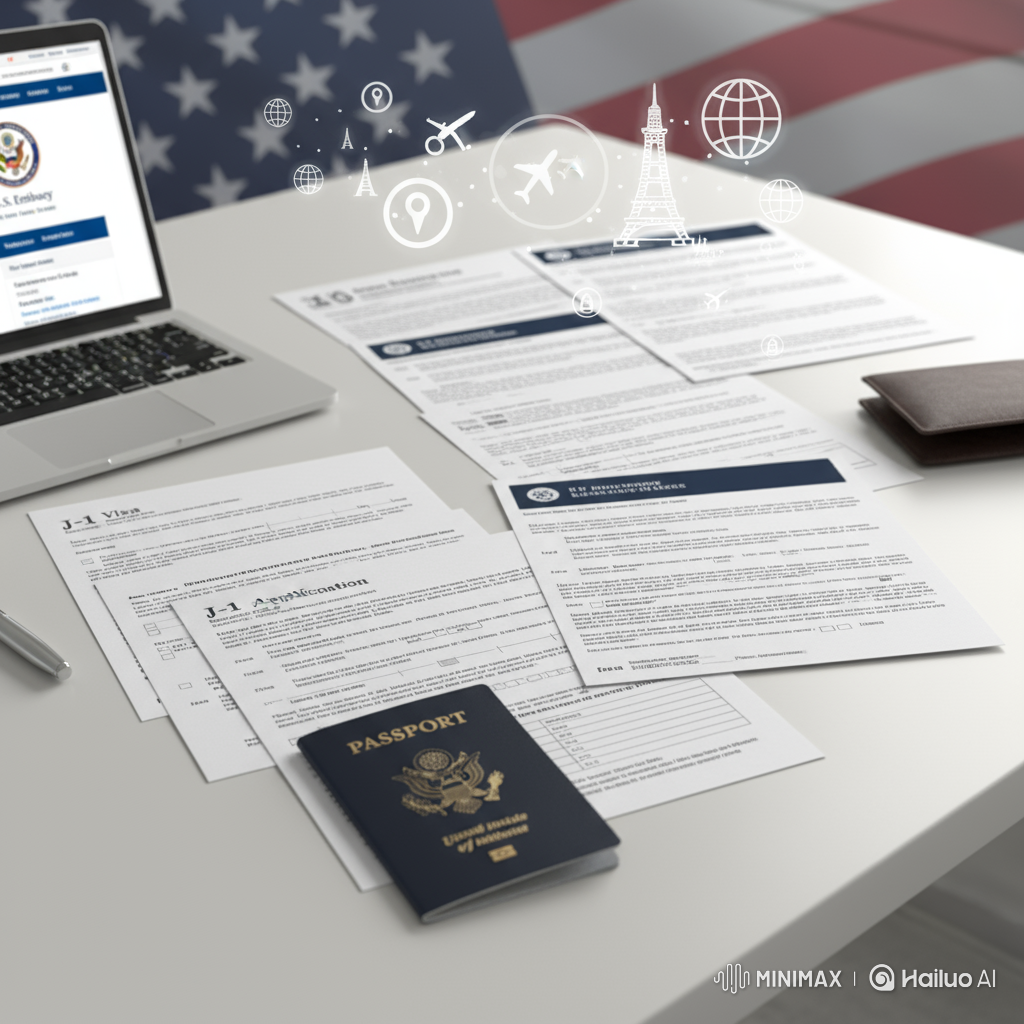Introduction
Culture shock is real — and totally normal.
When I first arrived for my exchange, even small things like meal times, greetings, or class schedules felt strange. But over time, those “weird” habits became second nature.
Adapting to a new culture is one of the hardest — and most rewarding — parts of studying abroad. Here’s how to make it smoother and more meaningful.
1. Understand What Culture Shock Really Is
Culture shock isn’t just homesickness. It’s a natural emotional response when your familiar routines and expectations no longer apply.
It usually happens in four stages:
- Honeymoon – Everything feels exciting and new.
- Frustration – Differences start to feel exhausting.
- Adjustment – You begin to adapt and find comfort.
- Acceptance – You feel at home in the new culture.
💡 From experience: My frustration phase hit around month two — small things like slow public transport annoyed me. But once I stopped comparing and started observing, everything changed.
2. Learn Before You Land
Before your departure:
- Watch local films and news.
- Read about customs, values, and etiquette.
- Learn basic phrases if the language is new to you.
Understanding the “why” behind cultural behaviors prevents misunderstandings later.
3. Embrace the Differences
You’ll face habits that confuse you — from dining hours to how people communicate.
Instead of judging, stay curious. Ask questions, observe, and adapt gradually.
Example: In many countries, silence in conversation isn’t awkward — it’s respectful. Realizing that helped me connect better with my host family.
4. Build a Routine
Creating daily structure helps fight homesickness.
- Wake up and eat at consistent times.
- Keep a journal.
- Set small goals (visit a museum, try a new word).
Routine creates a sense of control amid all the change.
5. Stay Connected — But Not Too Much
It’s comforting to talk to friends and family back home, but don’t let it keep you from connecting locally.
Set limits — maybe a weekly call — and focus the rest of your time on being present in your host country.
6. Handle Homesickness with Kindness
Everyone feels homesick, even the most adventurous students.
When it hits:
- Go for a walk or do something familiar (like cooking your favorite meal).
- Talk to fellow exchange students — they get it.
- Remind yourself why you chose this experience.
7. Celebrate Milestones
Adaptation happens slowly, so celebrate small victories: ordering food in another language, making your first local friend, or understanding a joke without translation.
When I realized I was thinking in another language for the first time, it felt like magic — a sign I was truly adapting.
Conclusion
Cultural adaptation is a journey, not a checklist.
You’ll struggle, laugh, and learn — and by the end, you’ll discover a more flexible, empathetic version of yourself.
In my case, the culture shock became a crash course in patience, humility, and gratitude.

